Safe intramuscular injection sites

“hese were found that the success rate of injection in the dorsogluteal region was higher than in the ventrogluteal region, especially when classed as obese” Kim et al (2022).
Sharps injury in primary health care

“s a result of the research, it has been determined that family health workers’ occupational health and safety training increases the use of protective equipment, where the rate of injuries is high and the rate of reporting in case of injury is very low” Uysal Toraman et al (2022).
Managing central venous catheter dressings

“Short gut syndrome patients can develop skin conditions and complications that may challenge nursing practice to mitigate CLABSI” Langford et al (2022).
Dalbavancin treatment of osteomyelitis – Full Text

“Dalbavancin administered as a 2-dose regimen is a safe and effective option for the treatment of osteomyelitis” Cain et al (2021).
Home care PICC nursing services

“Treatment for pressure ulcers, PICC, subcutaneous injection, general stoma care, psychological care, and intramuscular injection were found to be the main reasons to use mobile internet-based home nursing services among the elderly” Gong et al (2021).
Midline catheter overview
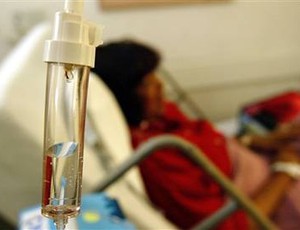
“Midline catheters can be inserted at the patient’s bedside and require no radiological verification after insertion” Moulin and Monti (2022).
CLABSI training for ICU nurses

“The present study’s findings suggest that regular training programs should be developed to improve the knowledge of ICU nurses in the care and prevention of CLABSI” Badparva et al (2022).
Extravasation of the chest wall

“A 71 years old women was referred to our unit two month after extravasation of epirubicin from an implanted port-a-cath with a large chemonecrosis of the anterior chest wall” Fraisse et al (2022).
CLABSI caused by Kodamaea ohmeri – Full Text

“This report describes a central line associated bloodstream infection (CLABSI) due to K. ohmeri, in a young child, which was successfully treated” Haidar et al (2021).
OPAT for people who inject drugs
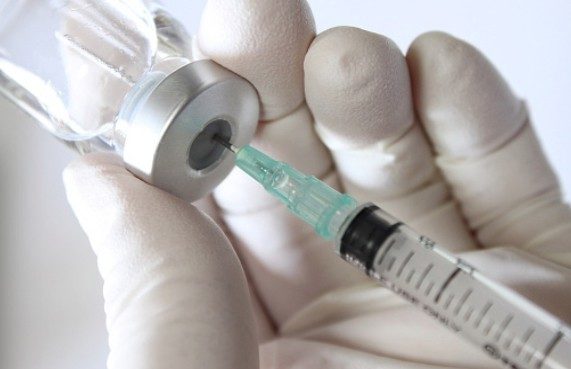
“Partnerships between hospitals and community resources hold promise for providing resource-efficient OPAT and drug recovery assistance” Gelman et al (2021).
Impregnated central venous catheters

“The use of CVC impregnated with free drugs or incorporated with nanoparticles is a promising strategy for preventing the adherence of microorganisms in these devices and consequently in the prevention of the infections” Corrêa Carvalho et al (2022).
Intravenous fluid therapy guidelines

“Effective implementation of the guidelines required substantial time, effort and resource. NICE suggestions of fluid types for maintenance appear appropriate, but prescribed volumes continue to require careful clinical judgement” McDougall et al (2022).
Choosing central-line insertion sites
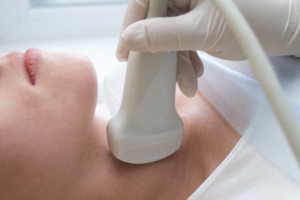
“To study whether allowing adolescents and young adults (AYA) with chronic or oncologic diseases admitted to tertiary or intensive care units to share decisions in choosing the insertion site for central-venous catheters (CVC) implanted for intravenous therapies or parenteral nutrition reduces central-line-associated and catheter-related bloodstream infections (CLABSI and CRBSI)” Rosati et al (2022).
Extravasation treatment with larvae therapy – Full Text

“The purpose of the study was to present local treatment of hypodermic necrosis caused by docetaxel extravasation in course of systemic cancer therapy” Bazaliński et al (2021).
Intraosseous blood transfusion
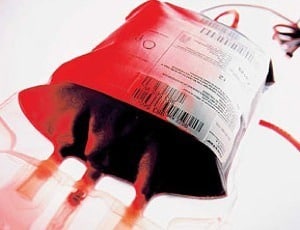
“Intraosseous (IO) access can provide a critical bridge for blood product infusion when peripheral venous access is not obtainable” Lee et al (2022).
Preventing IV dislodgement

“In the recent years, new breakaway connector systems, such as ReLink, have been designed, which allow the tubing to become disconnected when undue pressure or pull is placed on it” Munoz-Mozas (2022).
Peripheral IV catheter securement product review

“This review found nonsterile tape was associated with increased failure and complications; multiproduct dressing and securement bundles were prevalent; and significant evidence gaps exist particularly regarding bandages and splints” Corley et al (2022).
Skin antisepsis for implantable port dressing changes

“This study found no differences between the effectiveness of 2% chlorhexidine in 70% alcohol and that of 10% povidone-iodine solution in preventing CRBSI” Bakır et al (2021).
Infrared vein imaging during COVID-19 – Full Text

“Peripheral intravenous catheter insertion assisted by an infrared vein visualizer could improve the first attempt success rate of venipuncture, shorten the procedure time, and increase patients’ satisfaction” Zhang et al (2021).
Extravasation induced compartment syndrome

“Though considered safe, extravasation of mannitol into the tissues can cause considerable morbidity with the consequent development of compartment syndrome” Kaur et al (2021).
Local anaesthesia for peripheral IV cannulation
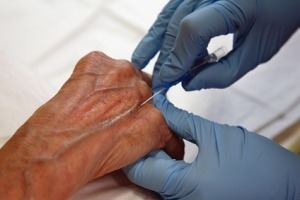
“Intradermal injection of anaesthetic with Micronjet600 was found to be a safe and effective option for providing rapid local anesthesia for peripheral intravenous cannulation” Rzhevskiy et al (2022).
Reducing antecubital fossa peripheral IV cannulation

“The ACF cannulation rates decreased by 0.03% per day during the study, although this did not quite reach statistical significance (P=0.06)” Ruegg et al (2022).
PICC guidewire removal in neonates

“This may be the first study published investigating and supporting guidewire removal enhancement by using a diluted lipid/saline preflush solution” van Rens et al (2022).
Peripheral venous catheter management – Full Text

“The aim of the present study is to define the incremental benefits related to the implementation and the standardized and simultaneous use of three disposable devices for skin antisepsis, infusion, and cleaning, assuming the hospital’s point of view, from an effectiveness, efficiency, and organizational perspective” Schettini et al (2022).
Implantable port removal

“Difficult TIVAD removal is uncommon. However, operators should expect it when removing long indwelling TIVADs and those with subcutaneous leakage” Chatani et al (2022).
Vancomycin in critically ill neonates

“The interface is expected to improve treatment outcomes of IV vancomycin for severe infections among critically ill neonates” Hui et al (2022).
CVC placement in thrombocytopenic patients
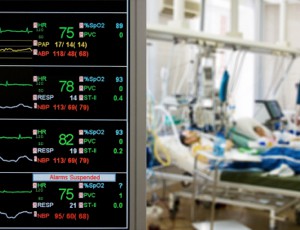
“Coagulopathy was not associated with an increased bleeding risk in severely thrombocytopenic ICU patients undergoing ultrasound guided central venous catheter placement” van Baarle et al (2022).
Cuffed tunneled silicon central venous catheter outcomes

“This work aims to investigate the outcomes of tunneled CVC and to identify factors influencing their survival” Ghidini et al (2022).
Peripherally inserted central catheter use in Brazil – Full Text

“Use of PICCs in Brazilian hospitals appears to be safe and comparable with North America” Rabelo-Silva et al (2022).
IV antibiotic for UTI in young infants

“Shorter IV antibiotic courses of ≤7 days and ≤3 days with early switch to oral antibiotics should be considered in infants aged ≤90 days with bacteremic and nonbacteremic UTI, respectively, after excluding meningitis” Hikmat et al (2022).

